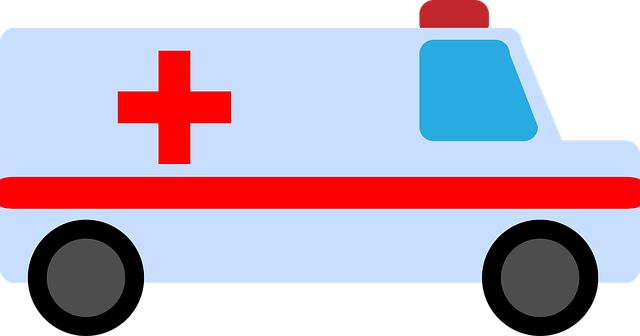

81.4K
Downloads
82
Episodes
Paramedic training is over, you’re in the front seat now. Whether day 1 or day 1,000 you can’t shake the fear you’re underprepared. You were taught to systematically decide if A... do B. But what if “A” wasn’t in the book? The truth is each emergency call is too unique to teach the right response to every situation. We need to go beyond algorithmic thinking and understand deeper principles, the WHY behind the algorithm. When every decision counts you want to rely on a framework that will guide you when things don’t make sense. EMS cast is your resource to build that framework. Through discussions with experts, review of evidence-based best practices, and real-world case studies we teach you one step past what you learned in paramedic school. But all of this advanced education is connected back to the guiding principles that answer the question- “at the end of the day, what actually matters to the patient I have in front of me?” Our mission is to elevate your practice and help you improve patient outcomes in every emergency situation. You may not feel ready, you may not feel like you know enough, but by understanding the guiding principles of emergency medicine you can become an expert EMS clinician. Because what you do matters.
Episodes

Saturday Jun 06, 2020
The Critically Sick Kid
Saturday Jun 06, 2020
Saturday Jun 06, 2020
EMS physician Whitney Barrett joins us to discuss some of the scariest and emotional calls we can go on and how we can manage these situations better.
Enter to Win a FREE Pair of Frontline Optics Sunglasses
EMScast15 for 15% Off Frontline Optics Sunglasses
Caring for the critically ill pediatric patient is scary for all emergency providers. We discussed our approach to these calls with attending EM/EMS physician Dr. Whitney Barrett.
Background
- 2015 study: review of trip sheets showed wrong intervention, dosing errors in up to 65% of interventions on pediatric calls
- PREPARE Trial: only 34% of pediatric cardiac arrest patients received epinephrine
- EMS training in pediatrics is probably inadequate!
Human Factors
- Potential stressors:
- Math is hard, especially when you’re stressed
- Paradigm that “pediatric patients are not small adults” may lead providers to overthink resuscitation
- “Thinking Fast and Slow,” by Daniel Kahnemann: breaks down thought processes
- System 1: unconscious, second nature
- System 2: conscious, requires mental effort and focus
- If we exhaust system 2 with calculations, we can’t effectively focus on patient care and scene control
- How can we turn system 2 thinking into system 1 thinking?
- The culture of pride in EMS may prevent some providers from using quick references or “cheat sheets.” There’s no shame in looking something up!
- Our own stress may contribute to a “hectic scene” as much as the scene itself
- Don’t automatically “load and go”
- Early ventilations and compressions—not early transport—save lives
Solutions
- Cheat sheets: have a pocket reference with normal pediatric vitals and doses by volume, which may be specific for your system. Using this sheet on every peds call you run—whether or not you need it—will help familiarize you with its contents for when you really need that info.
- Pediatric reference systems exist and are designed to help with cognitive offloading
- Handtevy: estimated weight, vitals, doses, and necessary equipment separated by age. Used by the Denver Health Paramedic Division.
- Broselow Tape: estimated weight, vitals, and doses listed on a length-based measuring tape. Designed for hospital use, EMS doses often much higher. Old school pearl: tape it flat to the pram so it’s ready for the patient.
- PediStat App
- Pearl: age correlates very well with weight, and parents often know the weight!
- Pre-arrival visualization: on the way to the call, run it in your head based off dispatch information. Pull out your cheat sheet. What is your differential? What treatments might you need?
Takeaways
- Prehospital management of critical pediatric patients needs improvement
- Prepare for stress by anticipating it.
- Pediatric reference systems help minimize system 2 thinking and should be used whenever possible.
- Math is hard, and cheating should be encouraged. Have a cheat sheet and familiarize yourself with it.
- On the way to the call, consider differentials and treatment plans.
- If all else fails, pump the brakes. If this were an adult, what would I do right now? Fall back on your ABC’s.
Sample Cheat Sheet
- This Handtevy “badge buddy” doesn’t have vitals, but it does have estimated weight by age, doses by volume, and airway adjunct sizing. It’s also color-coded and easy to follow.
Comments (0)
To leave or reply to comments, please download free Podbean or
No Comments
To leave or reply to comments,
please download free Podbean App.